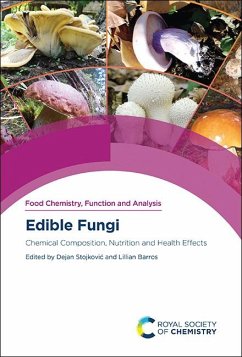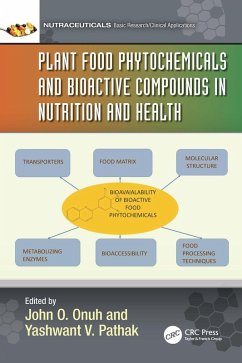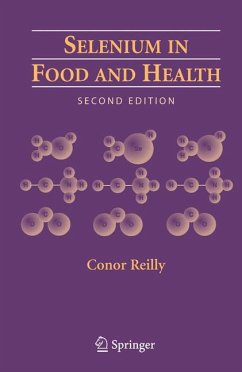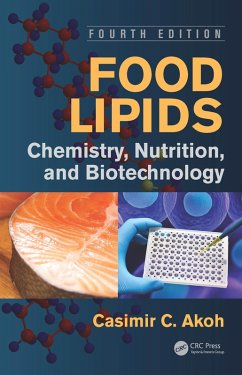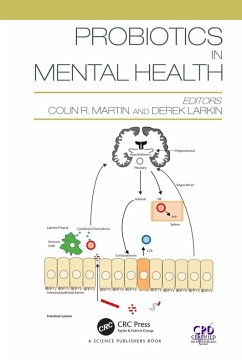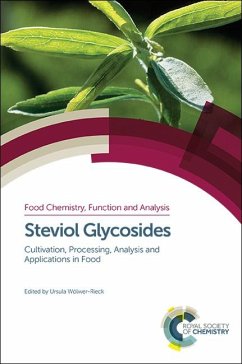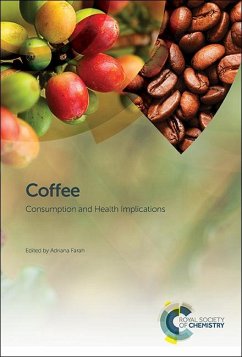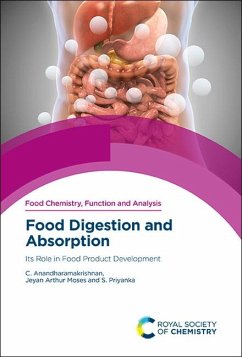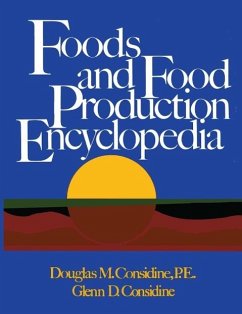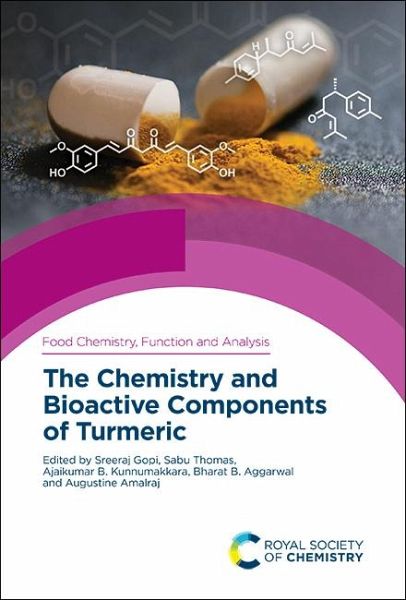
The Chemistry and Bioactive Components of Turmeric (eBook, PDF)

PAYBACK Punkte
87 °P sammeln!
Turmeric belongs to the family Zingiberaceae and is a yellow spice of high economic importance due to its medicinal value. Cultivated in tropical and sub-tropical regions around the world, it is used extensively as a colouring, flavouring and preserving agent. In recent years, several drugs derived from natural products have been developed and current drug research is actively investigating the possible therapeutic roles of many Ayurvedic medicines, most notable among those being examined is turmeric. The wide range of pharmacological activities attributed to turmeric come mainly from curcumin...
Turmeric belongs to the family Zingiberaceae and is a yellow spice of high economic importance due to its medicinal value. Cultivated in tropical and sub-tropical regions around the world, it is used extensively as a colouring, flavouring and preserving agent. In recent years, several drugs derived from natural products have been developed and current drug research is actively investigating the possible therapeutic roles of many Ayurvedic medicines, most notable among those being examined is turmeric. The wide range of pharmacological activities attributed to turmeric come mainly from curcuminoids and two related compounds, demethoxycurcumin and bisdemethoxycurcumin. This comprehensive book brings together the research carried out on constituents obtained from turmeric and highlights their chemical and biological activities. Comprising 17 chapters, each written by experts in their respective field and curated by authorities, it will be invaluable to all those who are involved in the production, processing, marketing, and the use of turmeric. Appealing to researchers and professionals in natural products, nutraceuticals and food chemists, this book is exposing some of the myths and showing areas for possible future use.
Dieser Download kann aus rechtlichen Gründen nur mit Rechnungsadresse in A, D ausgeliefert werden.




